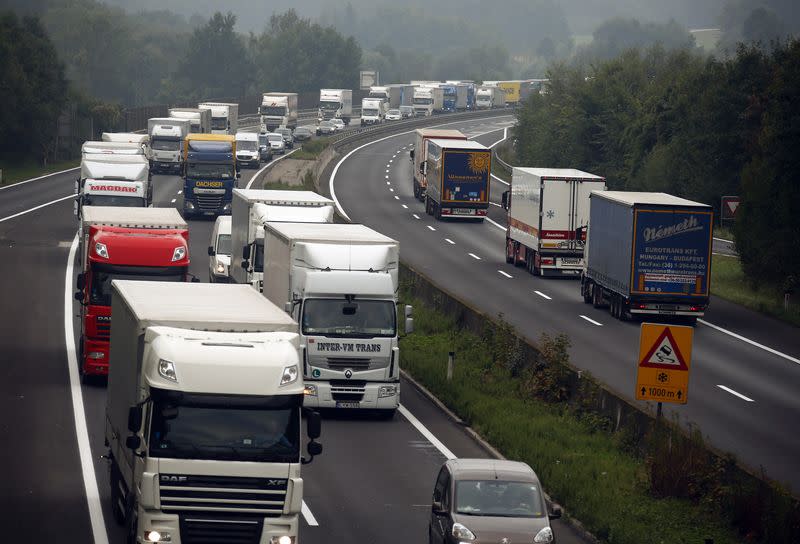Drivers in Germany face higher insurance premiums - industry executive

MUNICH (Reuters) - German drivers should brace for higher auto insurance premiums next year, following three years of price declines, an industry executive told Reuters.
Higher insurance prices are the latest headache for drivers, who already must contend with soaring fuel costs, parts shortages and long waiting times for new vehicles. Annual inflation in Germany was 10.9% in September, the fastest pace in more than a quarter of a century.
Klaus-Juergen Heitmann, chief executive of Germany's market leader for car insurance HUK-Coburg, said price increases can be expected at the turn of the year.
"Some insurers have already announced increases," he said.
"Whether the expected jump in revenues (in 2023) is enough to avoid being in the red remains to be seen," he added.
Rising repair costs are making it difficult for car insurers to be profitable, and Heitmann predicted HUK-Coburg's operating profit for car insurance in 2022 would be around zero.
(Reporting by Alexander Huebner; writing by Tom Sims; editing by Miranda Murray)

 Yahoo Finance
Yahoo Finance 